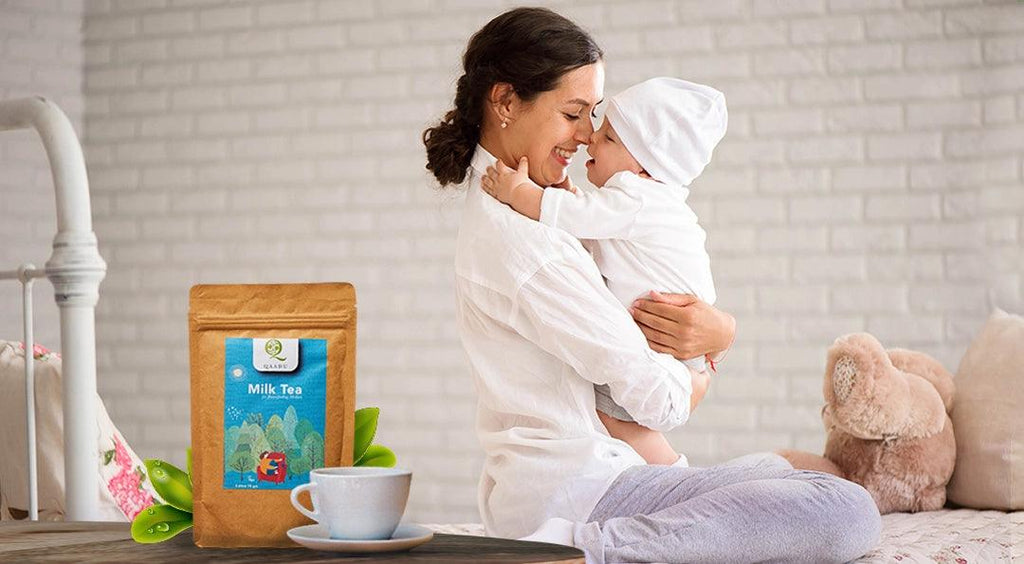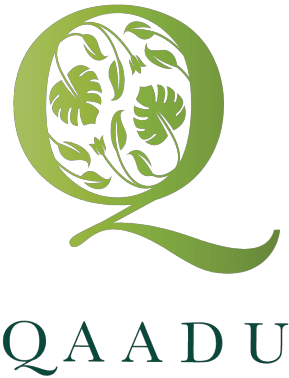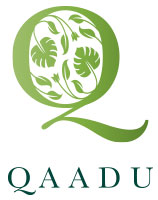
6 Benefits of Qaadu Milk Tea for Breastfeeding Mothers

“Motherhood is a choice you make everyday, to put someone else’s happiness and well-being ahead of your own, to teach the hard lessons, to do the right thing even when you’re not sure what the right thing is…and to forgive yourself, over and over again, for doing everything wrong.”
― Donna Ball, At Home on Ladybug Farm
Motherhood is a whole new world- it is a mix of different feelings that entails a dynamic growth- physically, and mentally, both. Pregnancy’s physical and mental changes, as well as labor, delivery, and nursing- all play important roles in women’s journey to motherhood. Motherhood is a journey that almost every woman would take in her life.
Universe’s miracle of reproduction is brought about in a life-changing experience for the woman who gives birth; it almost is like she is born again, motherhood is kind of a rebirth. It is nothing less than a magical bond between a mother and her child- an inseparable bond that knows no bounds.
The birth is not only limited to the child, motherhood is born out of it, and a whole new woman is born. The entire process is the birth of two people- the child, and the mother.
New mothers do everything they can to ensure that their milk production is adequate since breast milk is the finest source of nourishment for their babies. But, truth to be told, nursing is difficult, and there are times when breast milk production isn’t as plentiful as required.
However, there are several techniques to increase lactation. Milk tea or lactation tea is one such product that is gaining popularity among nursing mothers. Teas for lactation are thought to be a good way to increase milk supply.
Scientific Studies
Studies suggest (but do not prove) that fenugreek may increase milk production in breastfeeding women, according to the NCCIH, some mothers find that drinking a few cups of mother’s Milk tea every day is an easy way to help their bodies produce more milk.
Ladies, here is the answer to ‘how to increase the breast milk supply. Other people drink it hot, some cold, and some people combine it with apple juice to help lessen the little bitterness.
Many women wonder whether they should drink milk tea in pregnancy or if they should drink tea during pregnancy at all. Well, for a new mother and her infant, nursing is a crucial period of care and sustenance.
Qaadu milk tea is a caffeine-free herbal beverage brewed with fennel, alfalfa, and fenugreek to improve wellness and breast milk quality in nursing mothers. The formula, which is based on a traditional recipe, promotes breast milk production, digestion, and tiredness reduction.
While many mothers want to ensure that their kids get enough nutrition during the feed, maintaining a sufficient supply of breastmilk can be difficult at times.
Low milk supply might be concerning because it can obstruct your baby’s healthy and joyful development, prompting you to hunt for techniques to increase the breast milk supply.
Some mothers may desire to increase their breast milk supply in preparation for future requirements (in case they are going back to work). As a result, lactation is a primary issue. There are numerous naturally occurring aids known as galactagogues that function to temporarily increase milk production. Lactation tea, often known as breast milk tea, is the most popular of the bunch.
Milk Tea is a nourishing herbal blend that helps mothers increase their breastfeeding. We could also refer to this as the lactation tea for that matter. While there are some drawbacks to drinking this tea, the benefits often exceed them. Other advantages include iron deficiency alleviation, postpartum depression reduction, and the ability to calm colicky newborns.
For the ease of reading and understanding, let’s understand the right way of consumption of the breast milk tea:
Lactation tea for breastfeeding support is made similarly to other teas, although it is essential to follow the particular directions provided with the product. Lactation teas, like other teas, can be prepared in big batches or one cup at a time.
It can be iced, sweetened, and flavored with additional ingredients. It is recommended that you drink 1 to 3 cups of lactation tea every day, but you should see your doctor before drinking 3 cups.
Every mother deserves comfort, safety, and relaxation. The lactation tea would not only release the tension of having less breast milk supply, but also help soothe a mother’s mind. However, some question its effectiveness- is lactation tea genuinely effective in increasing breast milk supply?
Scientific Approach on Lactation Tea
The scientific data on lactation tea isn’t fully clear – further study is clearly needed. Anecdotal evidence abounds from women who claim to have experienced an increase in their milk production while taking lactation tea.
Even if the herb blends in these teas don’t help you produce more breast milk, drinking more fluids many times a day can help you stay hydrated, which is essential for optimum breast milk production. This ultimately ensures the same end result in some quantity.
Summary
Plus, taking care of oneself- which can produce the calm, loving hormones linked to increased breast milk production. This is nothing if not a good thing, so lactation tea is afterall useful. Breastfeeding is a very personal and unique experience.
Apart from lactation tea, there are several more choices for women who desire to improve and increase their breast milk supply. What’s more flavorful than breast milk tea, though?
And as we have often come across these words, what better way to put a full stop to this article than referring to them here-
‘Breastfeeding is an unsentimental metaphor for how love works, in a way. You don’t decide how much and how deeply to love you, respond to the beloved, and give with joy exactly as much as they want.’
– Marni Jackson


